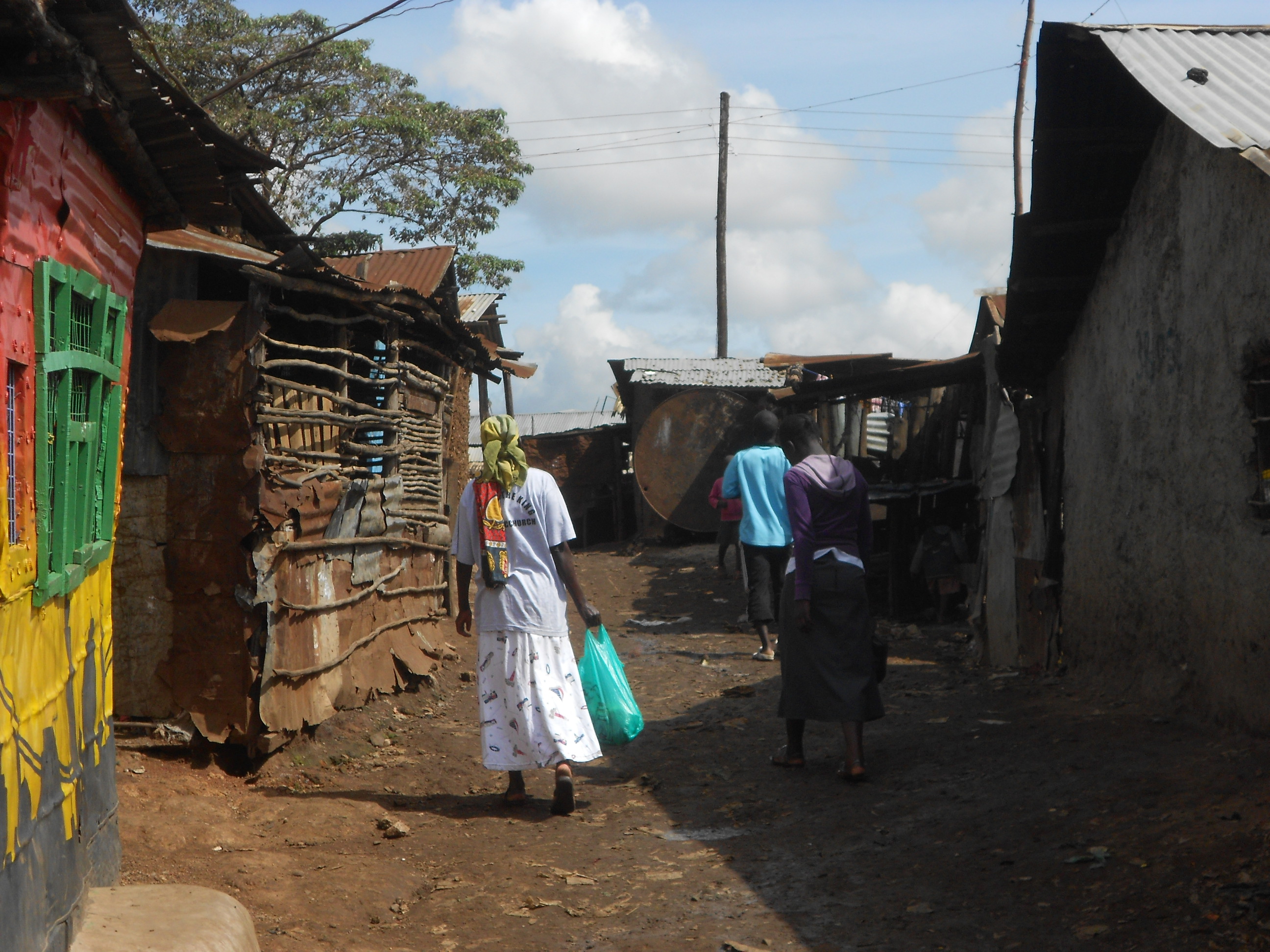For those returning from volunteering abroad, the reverse culture shock can be just as significant as the culture shock when you arrived in the program country.
Below are some tips for family and friends of the returnees from abroad:
1. “Reverse culture shock” is a very real possibility. Learn to recognize its symptoms so you can offer appropriate support to the returnees.
2. Returning home from volunteering abroad is often not a predictable process and can be more stressful than either the returnee or you anticipate. Be prepared to offer support long-distance as s/he anticipates coming home and especially after his or her return.
3. Most returnees are, in some ways, different than they were before they left home. They may initially seem to be “strangers.” It is hard to know what their experiences have meant to them and how they have changed. It may be necessary to “renegotiate” your relationship with returnees, but your history together will provide a basis for this process.
4. Be aware of your own expectations of the returnees. You may wish that they would just “fit back in” but it is more helpful if you avoid forcing the returnees into old roles and relationships. Allow them space and time to readjust and reconnect.
5. Be conscious of all those things that have changed at home. Help returnees to understand what has taken place both in the society and among friends and family. Even if they have heard about these events, the impact at home may not have been obvious. You have much to tell them and they can tell you how events at home looked from their overseas location.
6. Avoid criticism, sarcasm, or mockery for seemingly odd patterns of behavior, speech, or new attitudes.
7. Create opportunities for the returnees to express their opinions, tell their stories, show their pictures. Listen carefully and try to understand the significance of their overseas experiences. Seek to know what is important to them.
8. Acknowledge that all returnees experience some sense of loss. Strange as it may seem to others, returnees often grieve for what they have left behind. They may be missing overseas friends, a stimulating environment, the feeling of being special, experiencing greater freedoms or responsibilities, or special privileges.
9. Encourage the returnees to maintain personal and professional contacts with friends and institutions in the former host country(s). They will regret it if they do not.
10. Offer to mark and celebrate the return of your friend, sibling, or child. Discuss his or her preference for how and when to do so. Be careful of “surprise” parties.
11. Expect some critical comparisons of culture and lifestyle. Keep your responses neutral. It can increase your chances to learn something important about the returnees and how their world view has changed. Don’t take their comments personally.
12. Make contact with people who have successfully gone through the experience of returning home and refer the returnee to them—it may help both you and the returnee through a difficult period of readaptation.
(Adapted by Bruce La Brack and Margaret D. Pusch from a handout originally created by Dr. Peter Stadler, Solothurn, Switzerland, for distribution at the SIETAR Congress, Munich, Germany)

